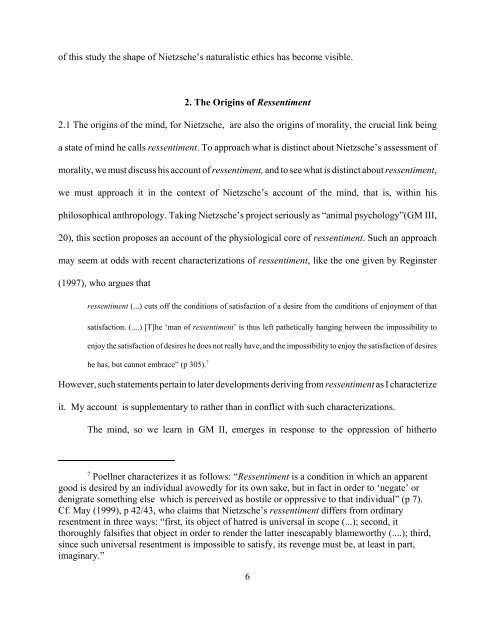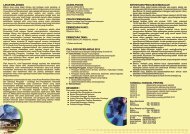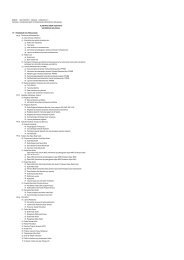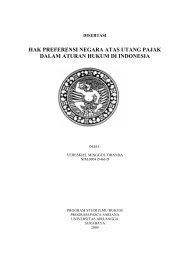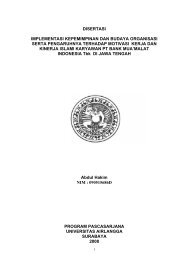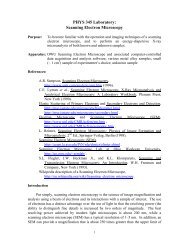Nietzsche's Naturalistic Ethics - UNAIR | E-Book Collection
Nietzsche's Naturalistic Ethics - UNAIR | E-Book Collection
Nietzsche's Naturalistic Ethics - UNAIR | E-Book Collection
You also want an ePaper? Increase the reach of your titles
YUMPU automatically turns print PDFs into web optimized ePapers that Google loves.
of this study the shape of Nietzsche’s naturalistic ethics has become visible.2. The Origins of Ressentiment2.1 The origins of the mind, for Nietzsche, are also the origins of morality, the crucial link beinga state of mind he calls ressentiment. To approach what is distinct about Nietzsche’s assessment ofmorality, we must discuss his account of ressentiment, and to see what is distinct about ressentiment,we must approach it in the context of Nietzsche’s account of the mind, that is, within hisphilosophical anthropology. Taking Nietzsche’s project seriously as “animal psychology”(GM III,20), this section proposes an account of the physiological core of ressentiment. Such an approachmay seem at odds with recent characterizations of ressentiment, like the one given by Reginster(1997), who argues thatressentiment (...) cuts off the conditions of satisfaction of a desire from the conditions of enjoyment of thatsatisfaction. (....) [T]he ‘man of ressentiment’ is thus left pathetically hanging between the impossibility toenjoy the satisfaction of desires he does not really have, and the impossibility to enjoy the satisfaction of desireshe has, but cannot embrace” (p 305). 7However, such statements pertain to later developments deriving from ressentiment as I characterizeit. My account is supplementary to rather than in conflict with such characterizations.The mind, so we learn in GM II, emerges in response to the oppression of hitherto7 Poellner characterizes it as follows: “Ressentiment is a condition in which an apparentgood is desired by an individual avowedly for its own sake, but in fact in order to ‘negate’ ordenigrate something else which is perceived as hostile or oppressive to that individual” (p 7).Cf. May (1999), p 42/43, who claims that Nietzsche’s ressentiment differs from ordinaryresentment in three ways: “first, its object of hatred is universal in scope (...); second, itthoroughly falsifies that object in order to render the latter inescapably blameworthy (....); third,since such universal resentment is impossible to satisfy, its revenge must be, at least in part,imaginary.”6


